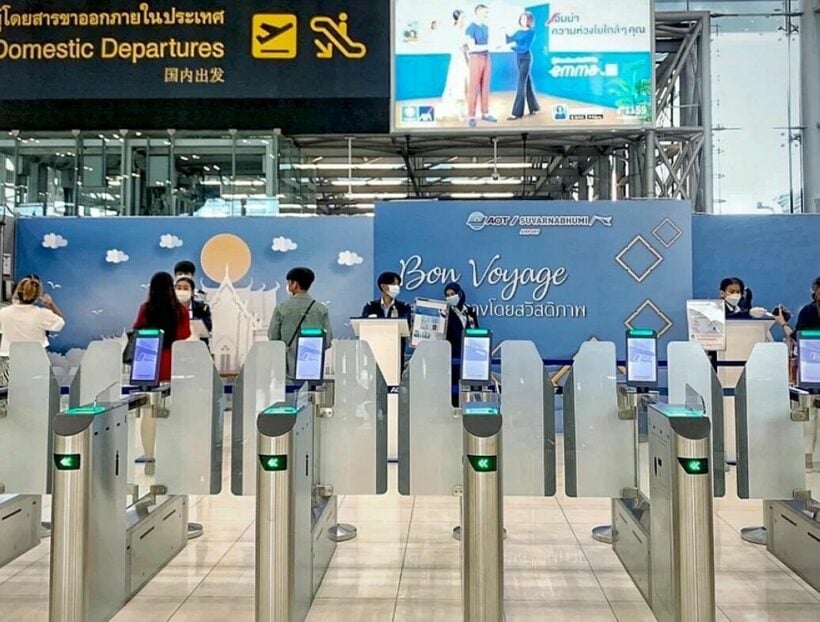Thailand toughens visa policy to crackdown on illegal foreign businesses

Thailand is toughening its visa policies in an attempt to crackdown on illegal enterprises by foreign criminals.
The move is on the back of police uncovering a number of illegal activities in the kingdom over the past few months. In particular, illicit businesses run by Chinese triads after the activities of Chaiyanat Kornchayanant, dubbed Tuhao, were brought to the attention of the Thai authorities.
The Immigration Bureau yesterday revealed visa extension rules will be tightened to prevent foreign criminals from establishing businesses in Thailand.
The bureau’s chief, Pol Lt Gen Pakpoompipat Sajjapan, told reporters that he was following up on allegations made by former politician Chuwit Kamolvisit that three former senior immigration police officers had solicited bribes to approve longer stays for more than 3,000 Chinese nationals, many of which were involved in illegal business activities.
Pol Lt Gen Pakpoompipat made known that foreign criminals were using loopholes in existing rules while acknowledging that some immigration officers may have been turning a blind eye to the documentation of some foreigners for cash.
“So, there will be a working group to revise rules on visa extension applications that cite work for foundations, the need to receive medical treatment, and for studying in both the formal and informal educational systems.”
Chuwit highlighted criminals were exploiting the Thai visa system by applying for student visas yet a number of those foreigners were as old as 50.
The immigration chief accepted there could be a problem and said the bureau would revise its system.
“Foreigners who stay in Thailand with student visas must have certificates from educational institutions. So, educational institutions must do this right. The bureau’s regulations are already comprehensive but all other organisations related to foreigners’ visa extensions must cooperate closely.”
To monitor genuine students and catch fake scholars the Immigration Bureau has asked local schools to submit quarterly reports on the educational results of foreigners who have student visas. In the absence of such reports, their visas would be terminated and the foreigners must leave the country.
Pol Lt Gen Pakpoompipat added that schools of learning that had foreign staff must also report the activities of those foreigners on a regular basis.
“We did this before the issue made the headlines.”
Chuwit reported that a Chinese law firm was set up in Thailand to help Chinese nationals who arrived in the country on 30-day tourist visas and that a Khon Kaen-based foundation was also involved in the visa-extension racket.
Latest Thailand News
Follow The Thaiger on Google News:


























